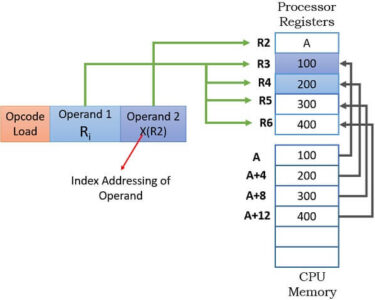
A Comprehensive Guide to Addressing Blackhat SEO Threats
Introduction
Blackhat SEO (Search Engine Optimization) techniques are unethical and manipulative methods used to improve a website’s ranking in search engine results pages (SERPs). These techniques violate search engine guidelines and can result in penalties or even complete removal from search results. Protecting your website from blackhat SEO threats is crucial for maintaining its reputation and visibility online.
Common Blackhat SEO Techniques
- Keyword Stuffing: Overloading webpage content with relevant keywords to manipulate rankings.
- Invisible Text and Links: Hiding text or links using white or match-colored backgrounds to deceive search engines.
- Cloaking: Showing different content to search engine crawlers than to human users.
- Doorway Pages: Creating low-quality landing pages to redirect traffic to a main website.
- Link Farms: Networks of low-quality websites that engage in excessive linking to each other.
- Negative SEO: Targeting competitor websites with blackhat techniques to damage their rankings.
Consequences of Blackhat SEO
- Penalties from search engines, such as ranking drops or de-indexing.
- Loss of credibility and trust among users.
- Damage to website reputation and brand image.
- Legal consequences in some cases.
Prevention and Detection
1. Monitor Your Website Regularly:
- Use Google Search Console to track changes in search engine rankings and alerts.
- Conduct periodic site audits to identify any suspicious activity.
2. Analyze Your Backlink Profile:
- Use tools such as Google Search Console or Ahrefs to check the quality and origin of backlinks.
- Remove or disavow any suspicious or low-quality backlinks.
3. Implement Security Measures:
- Secure your website against hacking attempts that could lead to blackhat SEO attacks.
- Regularly update software and plugins.
4. Use White Hat SEO Practices:
- Focus on creating high-quality content and building genuine backlinks.
- Avoid any tactics that violate search engine guidelines.
Recovery from Blackhat SEO Attacks
1. Identify the Attack:
- Determine the specific blackhat techniques used.
- Gather evidence to support your claim.
2. Contact the Search Engine:
- Report the attack to the affected search engine (Google, Bing, etc.).
- Provide detailed information and evidence.
3. Remove Blackhat Content:
- Remove or fix any blackhat content on your website.
- Use tools such as Google Search Console to request the removal of cloaked content.
4. Rebuild Trust:
- Create high-quality content and engage with users to build back trust.
- Obtain new backlinks from reputable websites.
Conclusion
Blackhat SEO threats can have severe consequences for your website. By understanding the common techniques, monitoring your website regularly, implementing preventive measures, and taking prompt action to recover from attacks, you can protect your website and maintain its integrity in the eyes of search engines and users alike. Remember, genuine SEO practices and ethical behavior are essential for long-term success in the digital landscape.


